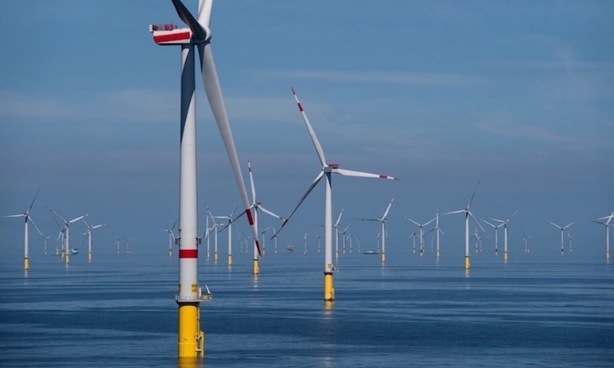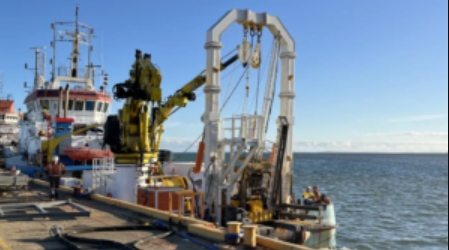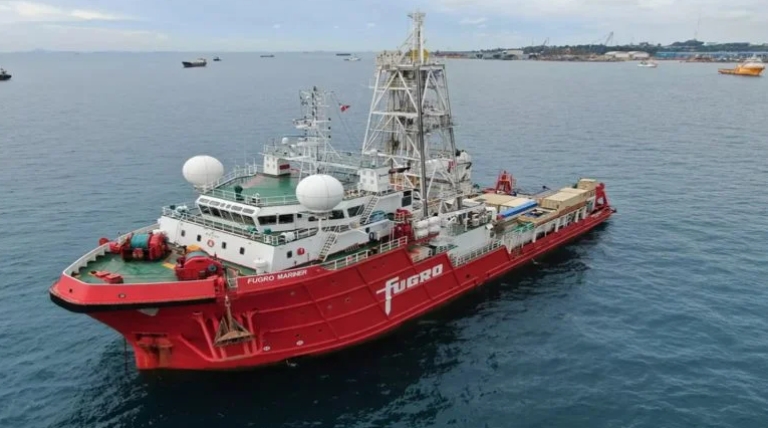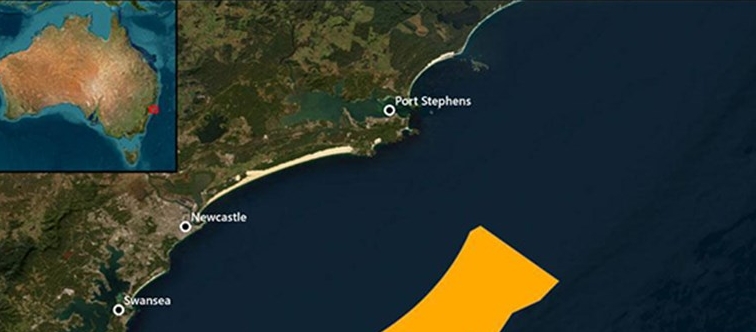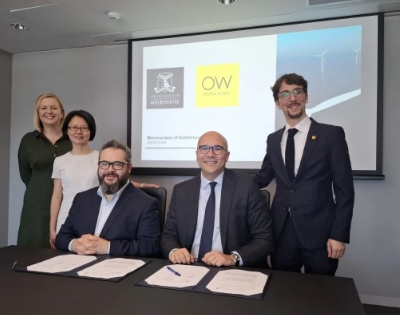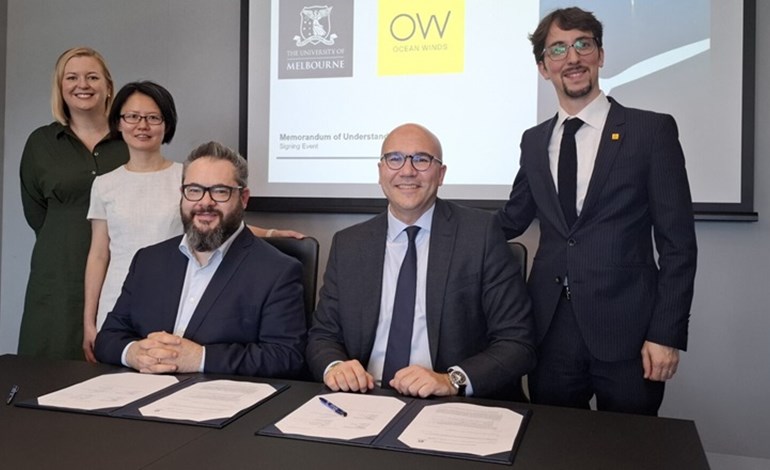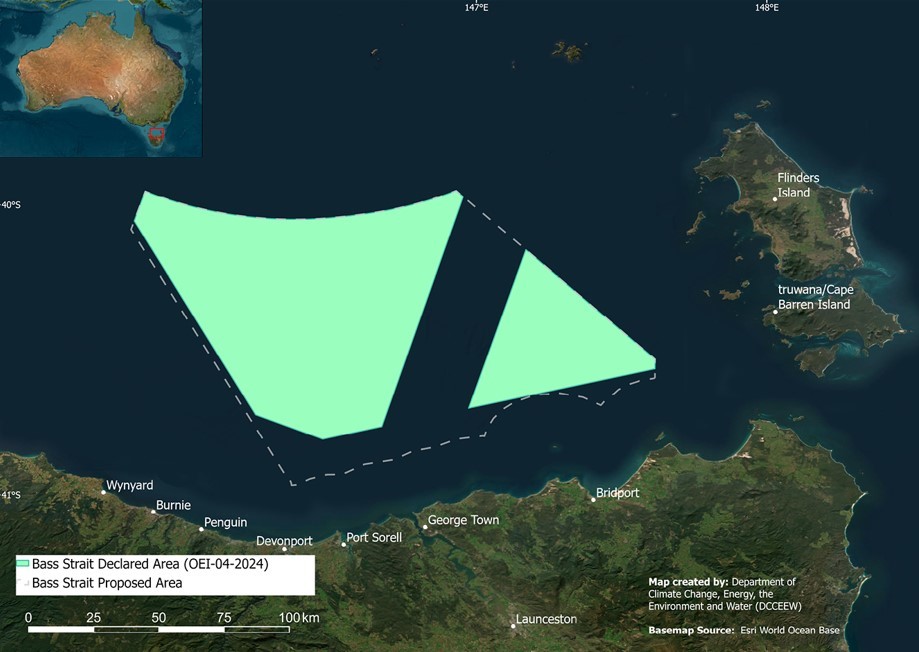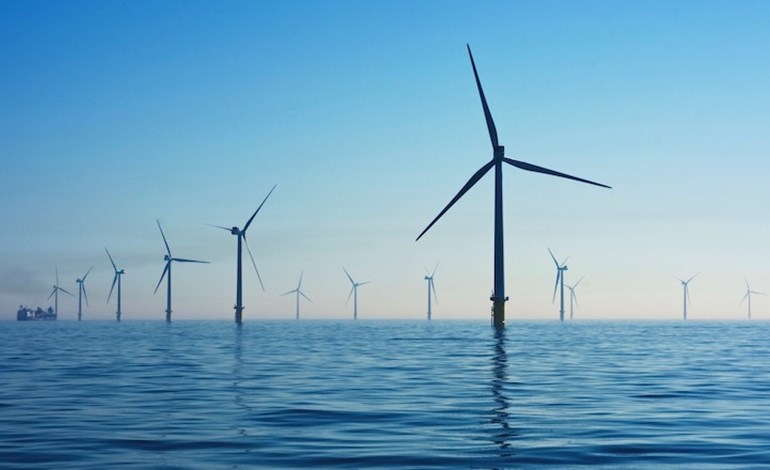Following last year’s consultations, the Scottish government’s public corporation, Crown Estate Scotland, announced the proposed details of its Innovation and Targeted Oil and Gas (INTOG) offshore wind leasing process on Tuesday.
As explained by the corporation, developers will apply for the rights to build small scale innovative offshore wind projects of less than 100MW as well as larger projects connected to oil and gas infrastructure to provide electricity and reduce the carbon emissions associated with those sites.
The power for oil and gas installations is usually generated using diesel and gas generators. However, offshore wind projects could provide electrification solutions for these assets to reduce emissions.
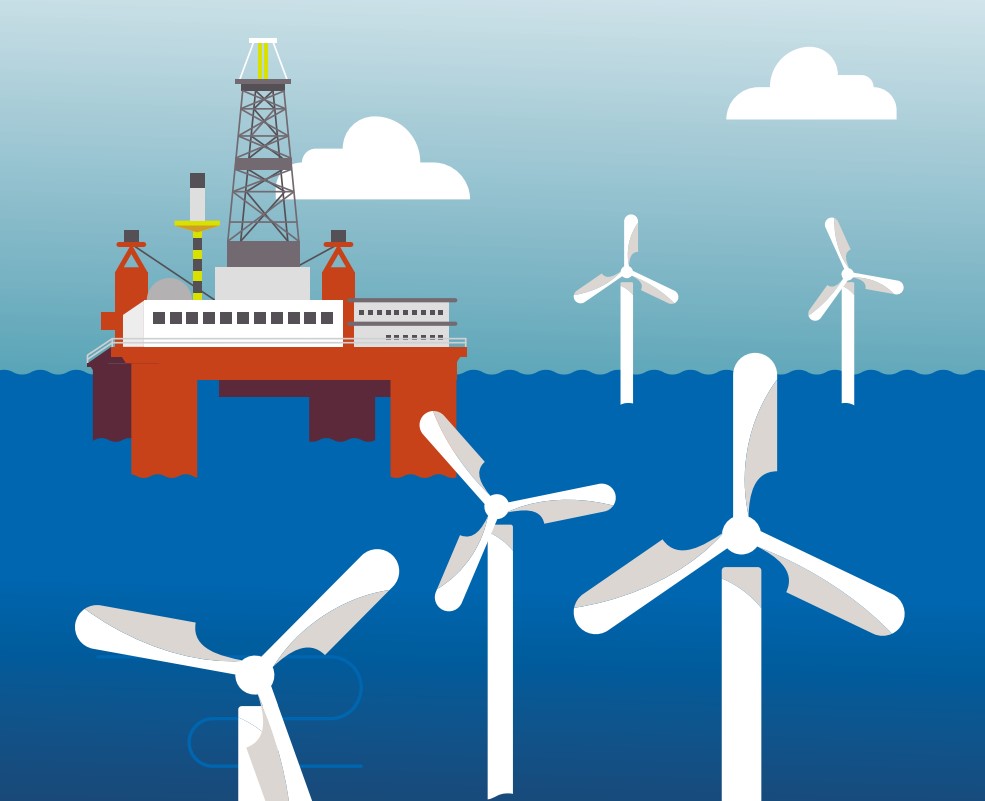
Awards will be determined on a largely open auction basis and will be split into two pots – one for smaller-scale innovation projects, and one for larger projects linked to oil and gas infrastructure. Furthermore, the applicants will be required to submit a Supply Chain Development Statement (SCDS), outlining the nature and location of any supply chain activity linked to their proposed project.
What is worth mentioning about this process is that the Innovation element will be run separately from the Targeted Oil and Gas element due to differences in scope and scale.
The objectives of the oil and gas element include maximising the role of offshore wind in reducing emissions from the oil and gas production and achieving targeted installed capacity in a way that delivers the best value for Scotland and supply chain opportunity in alignment with just transition principles.
Opening the bidding window in June
The bidding window will open in June 2022 and the bids will be judged on a mixture of price and quality. The seabed areas which will be made available within the process are set out in the Scottish Government’s Initial Plan Framework, the consultation for which closed in October 2021.
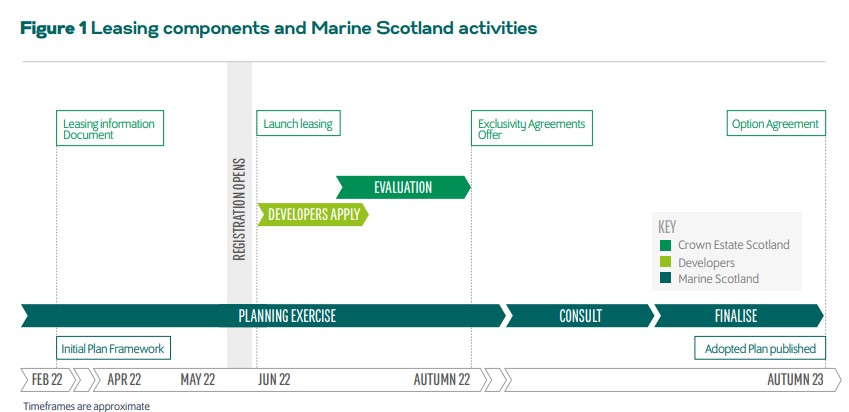
Colin Palmer, Director of Marine for Crown Estate Scotland, said: “This leasing is about creating an opportunity for enhanced roll out of offshore wind technology in Scottish waters. Whilst we recognise it will be for industry and government to take the key steps needed on oil and gas transition, we believe this will provide a step towards progressing that transition to net-zero.”
Michael Matheson MSP, Net Zero and Energy Secretary, emphasised the importance of this milestone in Scotland’s journey to transition to net-zero.
“It will help to progress decarbonisation of the oil and gas sector, supporting the delivery of the sector’s decarbonisation targets within the North Sea Transition Deal,” Matheson said.
To remind, the North Sea Transition Deal commits offshore oil and gas producers to a 50 per cent reduction in carbon emissions during the production process by 2030.
He added: “The INTOG process will also open the door for smaller, innovative offshore renewables projects to demonstrate their technology, such as for green hydrogen, in Scottish waters and offer the potential for clean energy from offshore wind to support North Sea decarbonisation, building on the huge electricity-generating potential already identified through the ScotWind offshore wind leasing round.“
Matheson also pointed out that developers will be held to commitments made within the SCDS.
Senior Policy Manager at Scottish Renewables, Ben Miller, commented: “Renewable energy must become the backbone of the net-zero emissions economy, so it’s encouraging to see that brownfield site decarbonisation will be prioritised in this process.”
